Zinc Deficiency Symptoms and Sources of Foods High in Zinc
It is vital to know the list of foods high in zinc and make sure that we are supplying enough zinc to our body. You wonder why I pressurise much on the importance of zinc sidelining the other minerals? Read on to know how zinc benefits your body.
You will be amazed to know that Zinc plays a vital role in regulating communication between neurons. This is directly related to memory formation and learning new things. It deserves to be in the list of essential elements in the periodic table, isn’t it?
Zinc benefits include improving cellular metabolism. It is required in catalytic activity, cell division, protein synthesis and immune system. It is also essential for a proper sense of smell and taste.
The recommended intake of zinc is 8 mg for women and 11 mg for men as per dietary allowance (RDA) and Food and Nutrition Board (FNB). Daily consumption of zinc is very important as our body does not have specialized zinc storage arrangement. If it is not present in adequate amount in your body, you will be prone to diseases and illness.
Sources of zinc are naturally found in many foods but it is also available in the form of supplements. If you are having zinc deficiency you need to look for foods high in zinc which can be beneficial to your overall health.
What is Zinc Good for and What Foods are High in Zinc?
- Improves immune system. Controls immune responses.
- Promotes healthy growth during childhood
- Helps in healing wounds. This is one of the major uses of zinc.
- Zinc is very effective in treating diarrhoea. PLoS Medicine Study ran a campaign in Bangladesh on treating children suffering from diarrhoea. It was observed a 10-day course zinc tablets effectively treated diarrhoea also preventing future bout conditions.
- Helps in maintaining higher sperm count. Zinc deficiency is observed to cause lower sperm count and low quality ultimately resulting in male infertility.
- Decreases the risk of age-related chronic diseases.
- Memory and learning.
- Treats common cold.
Foods High in Zinc
If you have been looking for what foods are high in zinc, you can make a list of these zinc foods and make sure that you prepare a detailed plan of including these foods in your diet plan.
1. Oysters
They are a nutritional powerhouse of zinc. The zinc in oysters in nearly unbelievable and contains more than any other food which makes it one of the topmost foods high in zinc.
It is also a source of essential nutrients like vitamin A, C, Iron, calcium and vitamin B12. Selenium is a rare vitamin found in oysters which make it very valuable and costly.
The important thing to be kept at the back of the mind is that since oysters absorb nutrient from its surrounding areas, there is a high possibility that it may absorb toxins and pollutants. So, make sure that you are getting quality oysters.
Excess consumption may lead to mineral overdose. So, moderate consumption and quality check are important things to be looked after.
2. Meat
Read meat, chicken and pork are not only rich in protein but also are the good sources of zinc. Three ounces of chicken contains 6 per cent of the daily recommended value of zinc.

It is recommended to choose meat with fat like skinless chicken and visible fat removed in red meat.
Eggs also contain 4 per cent of zinc. The yolk is rich in it. It is a good choice to include egg in the diet which provides additional benefits.
3. Pumpkin Seeds
Pumpkin seeds are yet another foods rich in zinc. It contains 15% (2.1 grams) of your daily required value. It also provided other nutrients like magnesium and copper.
They also contain scavenging antioxidants which provide an additional boost to your health. You can also opt for raw pumpkin seeds which are high in fibre. Pumpkin seeds also help to prevent constipation and ensure a healthy digestion.
Find Out: 19 Best Foods that Helps Digestion
4. Crabs and Lobsters
Alaskan king crab houses 43% of daily zinc. Lobster sources around 20% of daily zinc. Other fishes like salmon also contain zinc but in less amount comparatively.
Also, seafood is associated with maintaining a healthy heart. Lobsters also are a great source of selenium and fatty acids which makes it a considerable source of nutrients.
5. Yogurt
Yogurt contains 40 % (1.4 mg) of daily zinc value. In addition to zinc, it also provides calcium which helps in maintaining strong bone health.
It also boosts the immune system and maintains a healthy digestive tract. So, it beneficial to include yogurt in your daily diet. You can have a serving with lunch or with berries or fruits.
6. Dark Chocolate
Dark chocolate is one of the most tempting foods high in zinc. It contains 5 per cent (0.8 mg) of zinc. The darker the better.
It is important to eat chocolate in moderation so that you will not build up calories and fat. Not all chocolates are good. Some are rich in sugar which might not be beneficial for your health. Sugarless dark chocolates are the best sources with no significant side effects.
7. Zinc Foods – Fruits and Vegetables
These are the natural foods high in zinc. Vegetables like broccoli, mushrooms and especially spinach contains other vital minerals and vitamins but also zinc. They contact 2 per cent of the daily value of zinc required. Swiss chard is also observed to be a good source of zinc. It provides around 0.2 mg in a cup serving.
Pomegranates are among the zinc-rich fruits. 1 milligram of zinc is found in one Pomegranate. Blackberries, raspberries, and loganberries contain around 04–04 milligrams of zinc. Avocados also contain a considerable amount of zinc.
These make a great source of zinc-rich foods for vegetarians.
Other Sources of Zinc Foods Include
- Wild rice
- Peas
- Pecans
- Peanuts
- Baked beans
- Kidney beans
- Sesame seeds
- Oats
- Swiss Cheese
- Cocoa powder
Zinc For Acne
Zinc is observed to decrease the skin acne. In fact, there are multiple supplements developed for the same. Researches show that people with acne have low levels of zinc than people with clearer skin.
Test tube results show that zinc helps in diminishing the acne-causing bacteria. Zinc is also a DHT blocker which blocks the effects of hormones on the skin and hair follicles.
Acne is an inflammatory condition which can be effectively cured with antioxidants. Zinc happens to be a powerful antioxidant.
Eating zinc-rich foods is the simplest and the natural method to make way for a clearer skin. So, choose foods high in zinc and make them a part of your diet if you are suffering from acne problems. You will see the following symptoms of skin abnormalities if your body is devoid of enough amounts of zinc.
- Dry skin
- White Spots
- Acne
The best zinc supplement that has been observed to date is zinc picolinate but however, it is to be taken under the supervision of a professional physician.
Symptoms of Zinc Deficiency
Zinc deficiency occurs if there is a lack of daily value of zinc in dietary food. World Health Organisation stated that the prevalence of zinc deficiency is 31% globally.
Globally, a large number of children who suffer from zinc deficiency face death due to diarrhoea and weak immune system. It is important to take foods that contain zinc so that your body absorbs what is required to keep up your overall health.
Symptoms which can help you identify zinc deficiency are
Weak Immunity
Zinc is essential for T-cell growth in the white blood cells which fights diseases. It is also important in gene transcription which is the first step in gene expression.
Deficiency of zinc may result in a frequent occurrence of cold and viral fever as your body doesn’t have enough strength to fight off the viruses. If you find yourself being prone to cold or fever immediately during seasonal changes, it is advisable to check for your zinc value and visit a doctor.
Diarrhoea
This is a major health concern caused due to the lack of zinc vitamin in the body. It occurs very frequently in children because of impaired immunity.
Zinc supplementation is proven to be beneficial for babies ageing more than six months but you have to make sure that you visit your Pediatrician before going for best zinc supplement.
Thinning of Hair
This is the most overlooked symptom of zinc deficiency because it is associated with hypothyroidism which causes thinning of hair and Alopecia. According to research, thyroid hormones are essential for absorption of zinc.
People having thyroid problems, may not improve hair growth by taking thyroxine but with zinc supplements, you might see the difference.
Loss of Appetite
You will lose the sense of taste if you lack the required value of zinc in your body which affects your eating habits and result in the loss of appetite.
Zinc deficiency causes more histamine to be released into surrounding tissue fluids. Excess histamine is associated with allergies like running nose, sneezing etc. High histamine increase sensitivity to all allergic reactions and the food you take.
Poor Neurological Function
Low zinc levels can be associated with attention and motor disorders in infants which will continue into adulthood. A study published that zinc supplement is proven to be beneficial for improving neuron functioning. Supplements are available in most pharmaceutical stores under the name of zinc gluconate and zinc sulfate.
However, it always advisable to supply zinc in the nutritional diet because it is best absorbed in whole foods. So, it important to contact your Physician before going for supplements.
Other symptoms which have concerning effects include
- Poor wound healing
- Delayed sexual maturity
- Skin acne and skin lesions
- Feeling lethargic
- Unexplained weight loss
The important take away is that we need to include foods high in zinc in our daily diet so that zinc is supplied in the natural form which is best absorbed by the body.
Causes of Zinc Deficiency
- Alcohol Addiction can decrease the intestinal absorption of zinc into the body. Moreover, when alcohol is consumed in excess amounts you may have to go for a frequent urination through which zinc will be lost from your body.
- Sickle cell disease can increase the chances of zinc deficiency and it is found that 60 to 70% of adults suffer from the disease. It is an inherited condition where oxygen is not properly supplied to different body organs but gets settled in the blood vessels.
- Diabetes is also observed to cause zinc deficiency as the sugar levels are increased in the bloodstream which in turn blocks the absorption of zinc.
- An existing chronic kidney disease and liver disease.
Food Fortification to Fight Zinc Deficiency
The interesting improvement in fighting the zinc deficiency in the recent times is Food-Fortification. It is more cost-effective but sustainable strategy to overcome malnutrition. Zinc and other micronutrients are added to wheat and corn flours that are used in making bread.
Fortification can also be targeted at increasing the zinc intake for infants and children by increasing the zinc levels in those foods which are particularly consumed by children. Apart from concentrating on foods high in zinc, fortification programs can reduce the extra burden on us to search for nutrient-rich foods and maintain a diet plan because the daily foods that we consume are already fortified with important minerals and nutrients as a part of this program.
Biofortification is another program which focuses on agricultural strategies to increase the number of selected micronutrients in food crops like rice, wheat, maize and others.
Cautionary Note
Our body only needs a certain amount of zinc to function properly. Excess zinc intake also has harmful effects. Proper moderation is vital in any diet you follow.
Adverse effects of severely high zinc include
- Nausea
- Stomach Pain
- Improper bowel movements
- Headaches
- Loss of appetite
- It is observed to play a role in the formation of kidney stones
- Suppresses copper absorption into the body
The urge to take zinc supplements is understandable as some may feel that it is a tiring process to follow a diet and make sure that you are constantly meeting the needs.
Though supplements show a promising result of reducing 50% zinc deficiency, there are some side effects which include nausea and stomach pains if taken in a larger dose. So, clinical supervision is a must.
Pregnant women are most vulnerable to zinc deficiency as there is an increased nutritional demand during this phase. So they should ensure that they are frequently getting supplied with the foods high in zinc. But depending on zinc supplements is not recommended as there are studies which show it negative effects. Now that you know the list of natural zinc foods, you can rely on them to get yourself supplied with the required amounts of zinc.
Importance of zinc is overlooked in the most cases but it is one of the vital nutrients that our body needs. Make a note of foods rich in zinc and make sure that it is included in your daily consumption of food. Be vigilant if your body is showing the symptoms of zinc deficiency and act upon in it in the initial stages to prevent the condition from worsening.


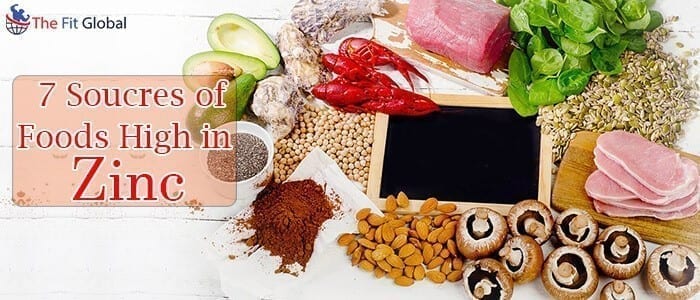
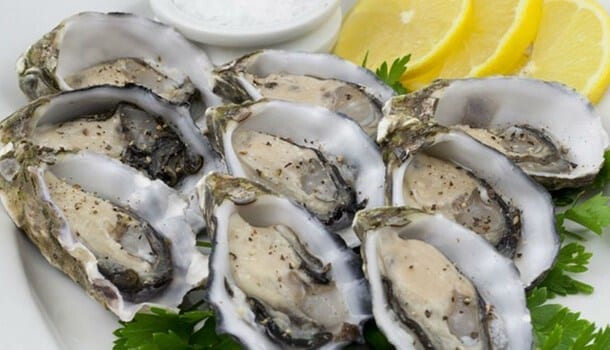

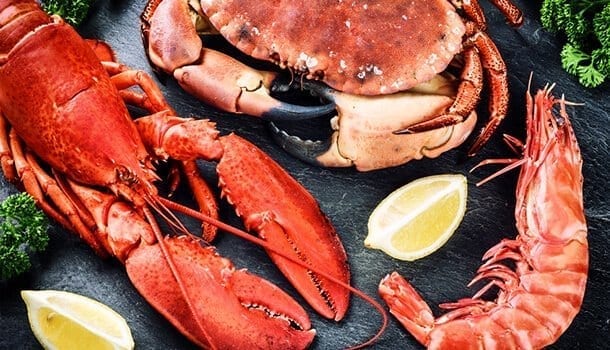
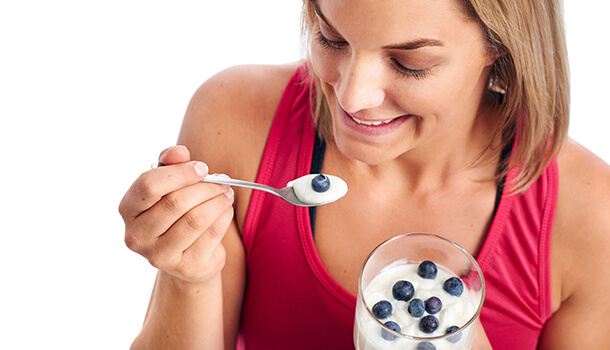
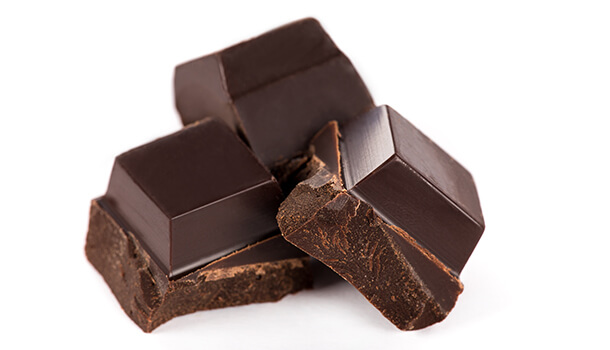
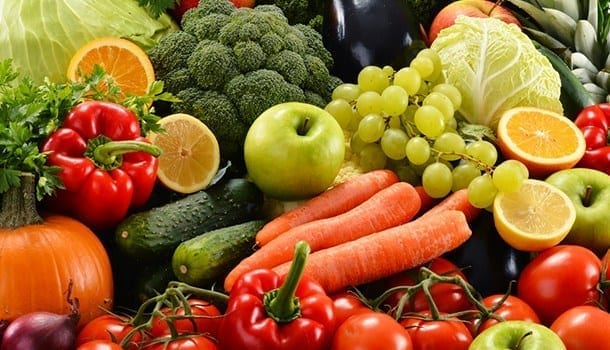
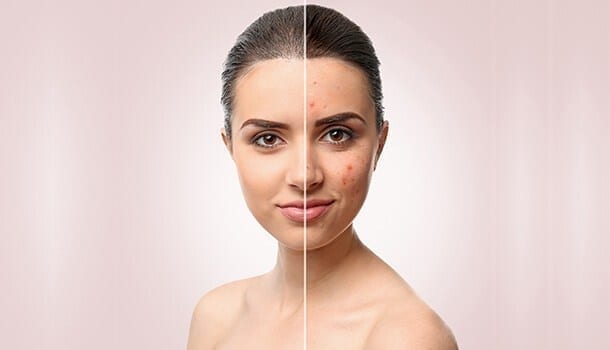
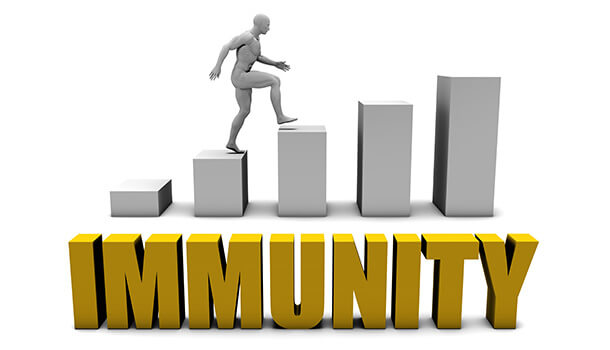

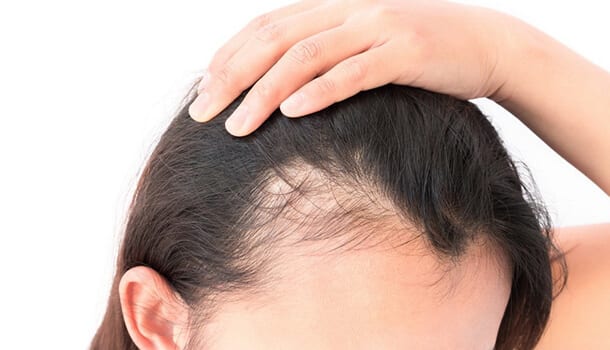
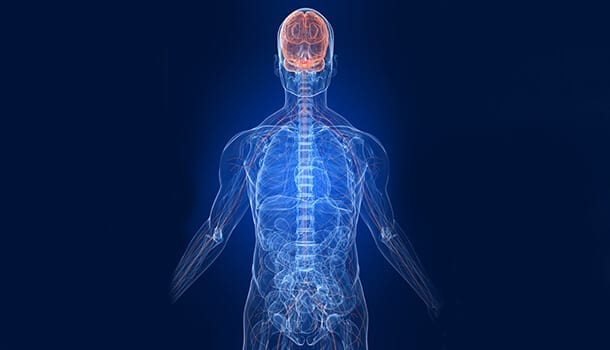
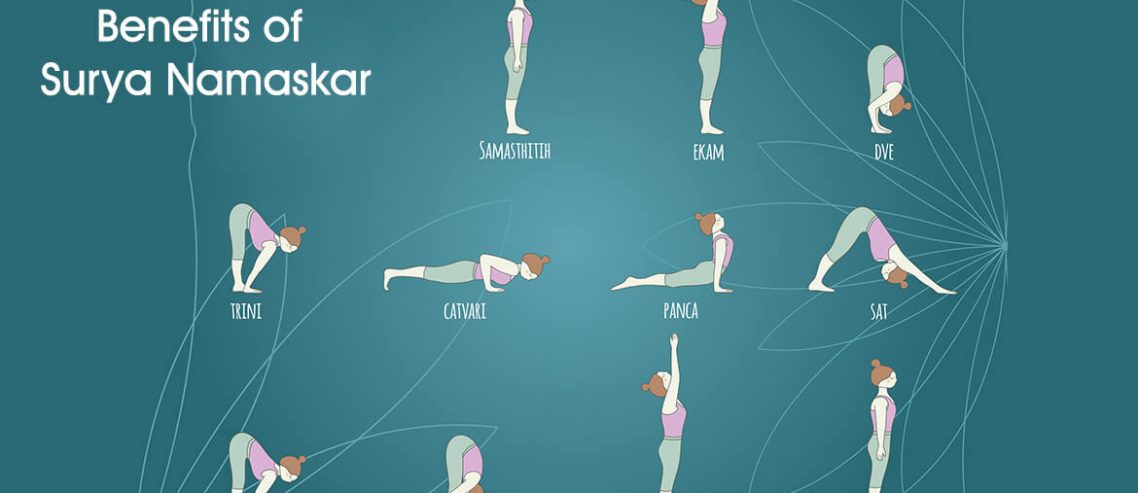
Comments
Leave a Comment